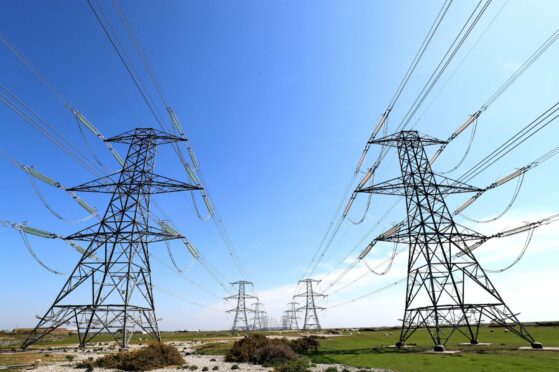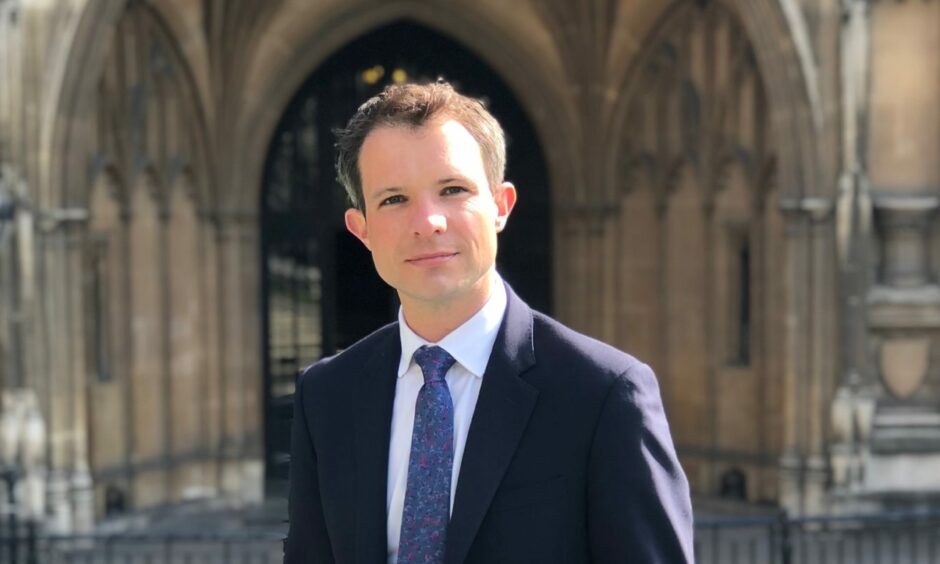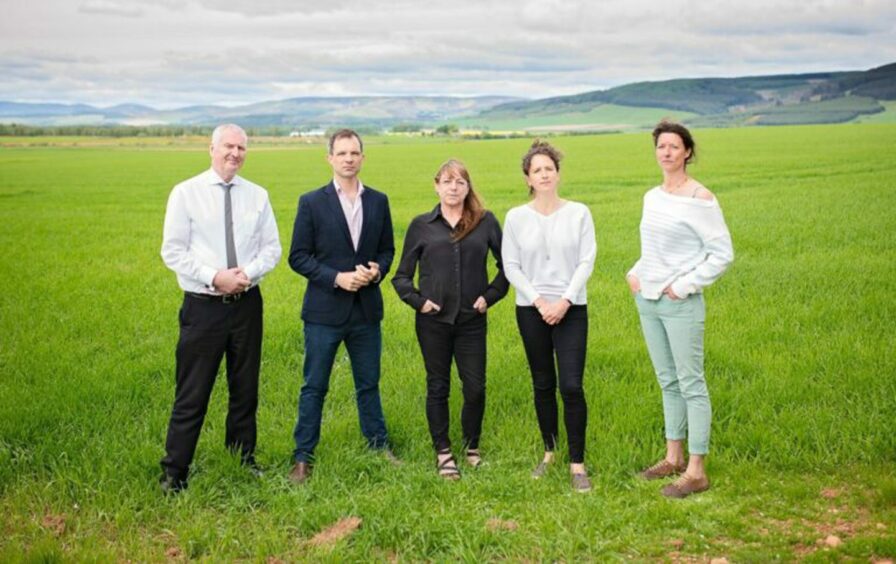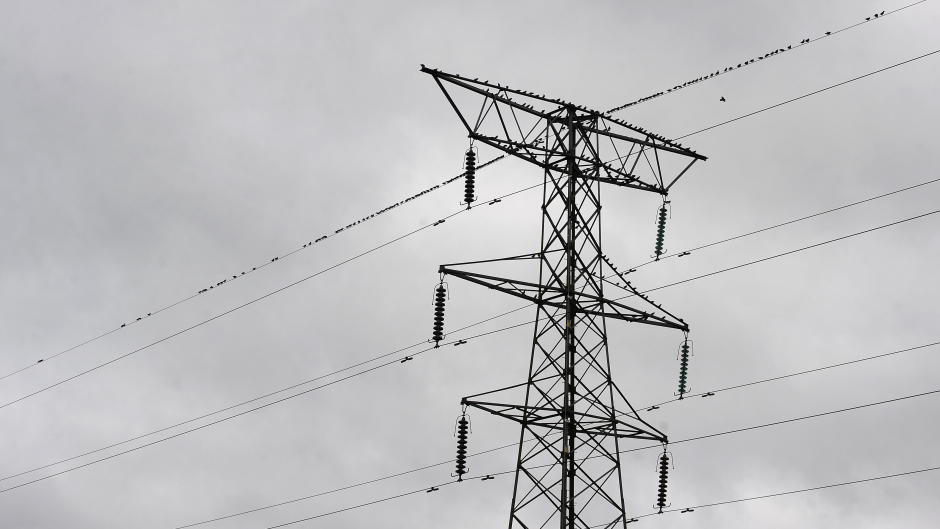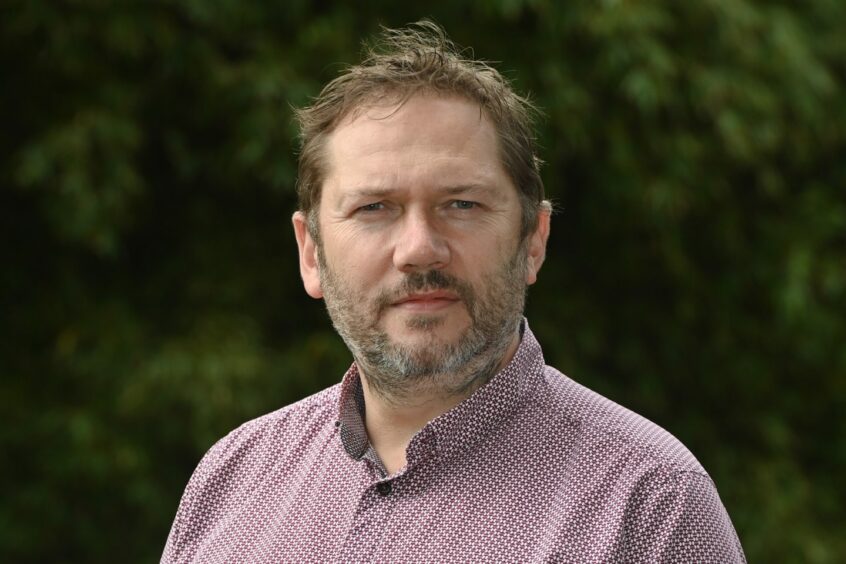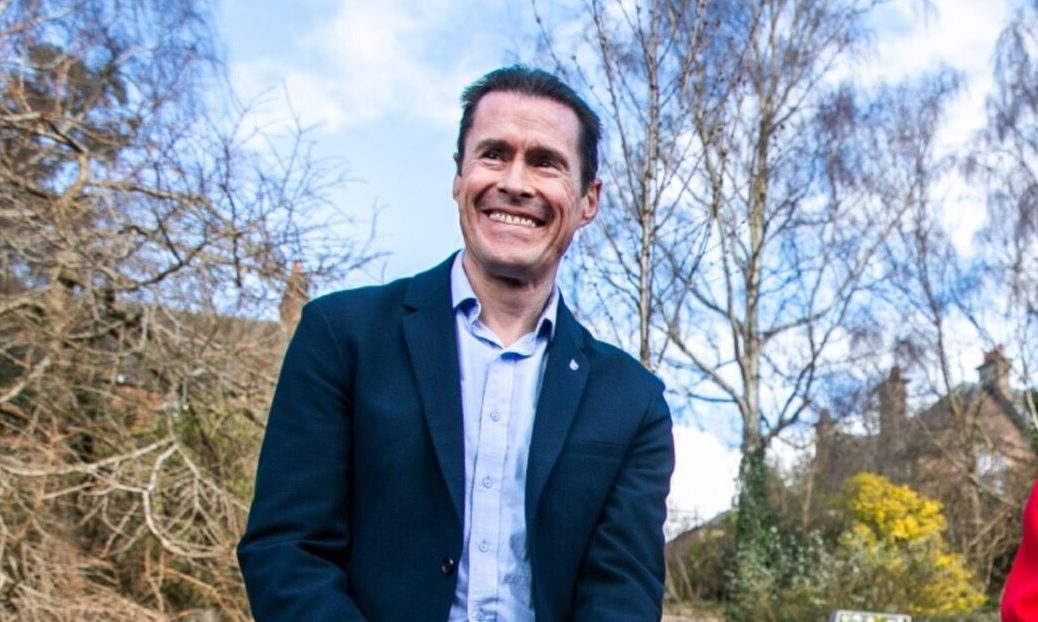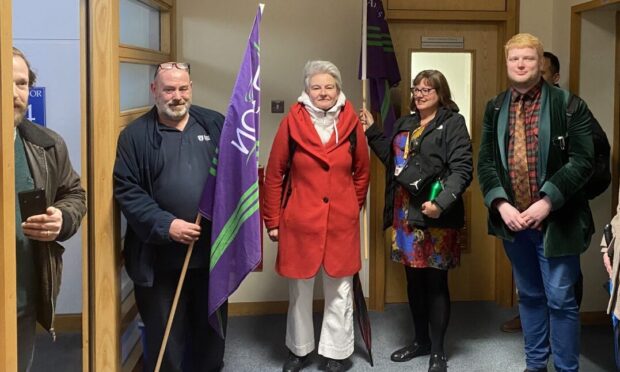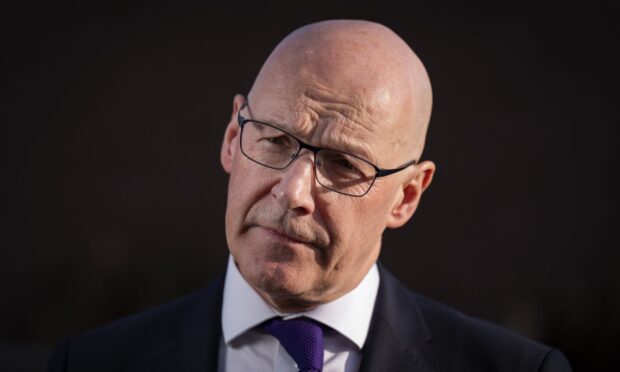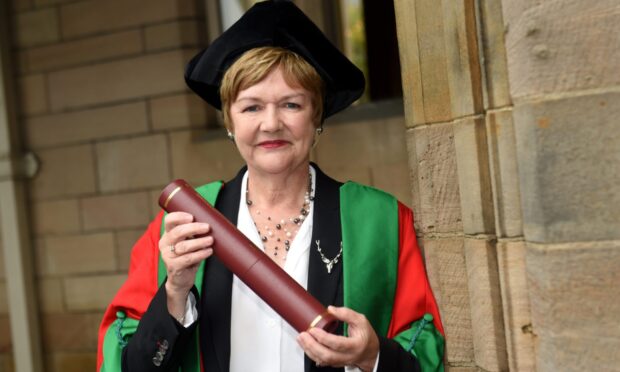An SNP MP is attempting to change the law to block councils from ordering public inquiries into windfarms and power line schemes.
Alan Brown, the party’s energy spokesman at Westminster, sought to add a clause to the UK Government’s new energy bill that would strip councils of the right to launch a public inquiry into infrastructure works.
It would mean only Scottish Ministers at Holyrood could decide whether such an inquiry should be held in Scotland.
Current rules state a public local inquiry will be automatically triggered if a council objects to a planning application.
Rivals accused the SNP of orchestrating a “shameful” power grab from communities.
Plan came after talks with power company
Brown told MPs the clause was proposed following discussions with Scottish and Southern Electricity Networks (SSEN), which is responsible for electricity transmission in the north of Scotland.
The power company has been locked in disputes with a number of communities over plans to install substations and super pylons as part of a £10 billion infrastructure programme backed by the Scottish Government.
SSEN insists the plans are necessary to enable the connection of renewable energy to fight against climate change.
Brown’s proposed clause was shot down by Tory junior minister Andrew Bowie, whose West Aberdeenshire and Kincardine constituency is one of those affected.
He said changes to the planning system need to be carefully considered to ensure they are right for consumers and the network.
Bowie added that the government would not want to remove an automatic inquiry trigger without understanding what would replace that process.
However Brown is now seeking further talks with Bowie, along with energy industry representatives.
He did not specify whether this would be a representative from SSEN.
The SNP MP said he was shocked the government would not accept the clause.
‘Just so wrong’
The campaign group Save Our Mearns recently began fundraising for a public local inquiry into plans to build a line of pylons between Kintore, Fiddes, and Tealing.
It said it is wrong to shut down that mechanism when so many communities across Scotland may need to ask their councils for help.
Kate Matthews from the group said: “Westminster and the Scottish Parliament are supposed to represent their constituents, not big business.
“How is it representing communities to remove protections in the planning system?
“This is just running roughshod over democracy.
“What’s the point of having representation if they choose not to hear us and actively take our voice away from us?”
Community backlash
SSEN is now looking at alternative sites for a substation at Fiddes following a huge community backlash.
Activists are demanding a halt to proposals for a 400kV overhead line of pylons stretching 66 miles from Kintore in Aberdeenshire to just outside Dundee.
They fear the impact of new towers more than 50 metres tall – higher than 10 double-decker buses stacked on top of each other – across the route.
Meanwhile, a public local inquiry was launched last month in Dalmally, in Argyll and Bute, where SSEN plans to build 13.3 km of overhead line with 48 pylons.
Campaigners say the work will devastate the area.
A pressure group in the Highlands has also vented anger against the £480 million Skye to Fort Augustus power line project.
Political rivals hit out at the SNP for trying to shut down avenues for communities to raise concerns about the plans.
‘Shameful power grab’
Scottish Conservative energy spokesman Douglas Lumsden said: “This is a shameful attempt at a power grab away from local communities and the councils who serve them.
“It betrays the SNP’s attitude towards consultation over major projects.
“Rural communities across Scotland already know how quickly their objections get overturned for wind farms.
“The Scottish public would have absolutely no confidence in Scottish Ministers making the right local decisions behind a desk in Edinburgh.”
Former SNP Westminster leader Ian Blackford commissioned a paper this week proposing a new executive led by the first minister to take decisions and allocate funds over many years for “green” infrastructure.
Blackford called on communities to see the benefits from renewable production.
He said plans have been beholden to the goodwill of developers and instead “ought to be a matter of statute”.
What does the SNP say?
We asked the SNP to explain why it pushed for this change in the law.
Energy spokesman Alan Brown said: “Millions of families across Scotland and the UK are suffering from a Westminster-made cost of living crisis because successive Tory and Labour Party UK governments have failed to invest in renewable energy security, and the grid infrastructure, needed to keep energy bills low.
“It’s increasingly clear the Tories aren’t serious about delivering sustainable economic growth for Scotland by capitalising in the green energy gold rush – instead they are making families poorer by failing to invest in Scotland’s renewable powerhouse potential.”
